Oxford Partial Knee Replacement: Faqs
Aug 22, 2019Richard A. Sweet, M.D. (Retired 2022)
-
When it is time to consider knee replacement surgery?
Patients suffering from arthritis of the knee often are faced with the prospect of undergoing knee replacement surgery. Once it is determined that activity and rest pain is severe enough, then this surgery can be considered as a treatment option. Patients with mild to moderate arthritic pain that can be controlled by other measures such as the use of nonsteroidal anti-inflammatants (NSAIDS), steroid (cortisone) injections, viscosupplementation hyaluronate injections (Synvisc, Hyalgan and others), or arthroscopic surgical measures should not be considered for any type of knee replacement.
-
Are there alternatives available to a full knee replacement?
Some patients may have an alternative to the complete knee replacement. One of the most common forms of knee arthritis is that isolated to the medial or inside part of the knee. Patients with this common type of arthritis may be candidates for a less invasive procedure, the “partial” or “hemi” knee replacement.
-
Which patients are candidates for “partial” knee replacement surgery?
Partial or hemi knee replacements are indicated for patients with arthritis isolated to the inside or medial aspect of the knee. This condition can be confirmed by xrays. Patients considering partial knee replacement must have an intact anterior cruciate ligament (ACL).
-
Is the partial knee replacement appropriate for older age groups?
The partial knee replacement can be particularly appealing for an older patient due to the quick recovery and the minimum amount of physical therapy required.
-
What is the biggest advantage of partial knee replacement versus a full knee replacement?
Probably the single biggest advantage of the partial knee replacement is preservation of the anterior cruciate ligament, which is routinely sacrificed with full knee replacement surgery. Sacrifice of the ACL, which occurs in all full knee replacements, can lead to the sense of the knee being somewhat “lax” or loose. Due to the preservation of the ACL, partial knee replacement patients typically find their new joint feels much more like the normal knee.
-
Are there other advantages to partial replacement surgery?
There are other potential advantages of partial or partial knee replacement surgery. These include preservation of healthy, non-arthritic parts of the knee, which are not replaced in a partial knee replacement. Also the operation is more amenable to the “minimal incision surgery”. This leads to a much faster recovery and rehabilitation, a quicker return to full activity, and a shorter incision.
-
What unique features of the Oxford Mobile Bearing knee make it so appealing over previous partial knee replacement implant designs?
As opposed to other partial knee replacement designs, the plastic insert or cushion of the Oxford knee is “mobile”. It is allowed to freely “float” on top of the cemented metal tibial base as the knee flexes and extends. Sheer stresses that otherwise would be absorbed by the cement fixation to the bone are instead absorbed by the mobility of the plastic insert. This protects the underlying bone cement interface from loosening. The result is an implant that studies have shown to be as durable and long lasting as a full knee replacement. And because the plastic insert is mobile, it can be designed with a curved articular surface exactly conforming to the curve of the femoral implant in all planes. This nearly eliminates plastic wear, which has been a significant problem of previous partial “fixed” bearing knee replacement designs.
-
What should I expect during my hospital stay?
The hospital stay for a partial knee replacement is brief. Many patients are discharged as soon as 24 to 36 after surgery. Patients are kept comfortable after surgery by nerve blocks administered by the anesthesia team just prior to the operation. Antibiotics are given just before and after surgery to prevent infection. Blood thinners are utilized for 2 to 3 weeks after surgery to prevent blood clots.
-
What is involved in the rehabilitation and therapy program postoperatively?
Full weight bearing is immediately allowed and started the evening of the operation. Range of motion and strengthening exercises are also started immediately. The walker or crutches may be discarded as soon as tolerated (often at the end of the first week). Physical therapy is necessary for only a few weeks. Light recreational activities such as golf are allowed as soon as the swelling and soreness has subsided, usually by 4 to 6 weeks.



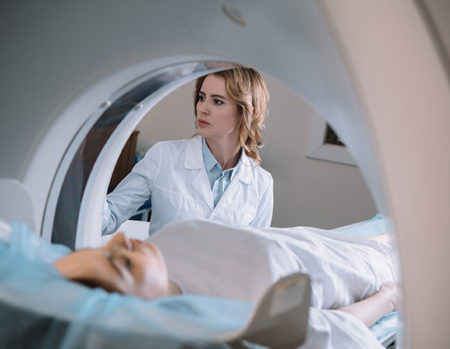 Our patients can receive MRI imaging onsite at both our Louisville and New Albany Clinics.
Our patients can receive MRI imaging onsite at both our Louisville and New Albany Clinics. Providing the latest advances in orthopedic surgery is our specialty.
Providing the latest advances in orthopedic surgery is our specialty.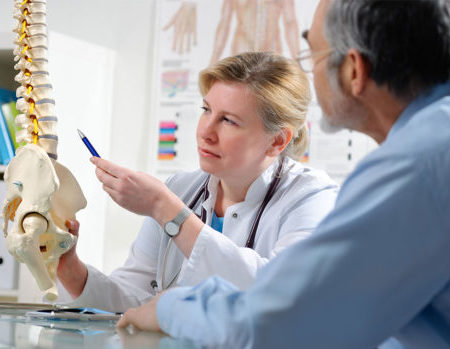 We take a unique, multidisciplinary approach to pain management.
We take a unique, multidisciplinary approach to pain management.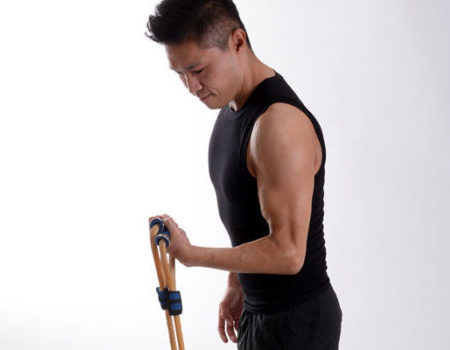 Our physical therapists use advanced techniques to help restore strength and mobility.
Our physical therapists use advanced techniques to help restore strength and mobility. 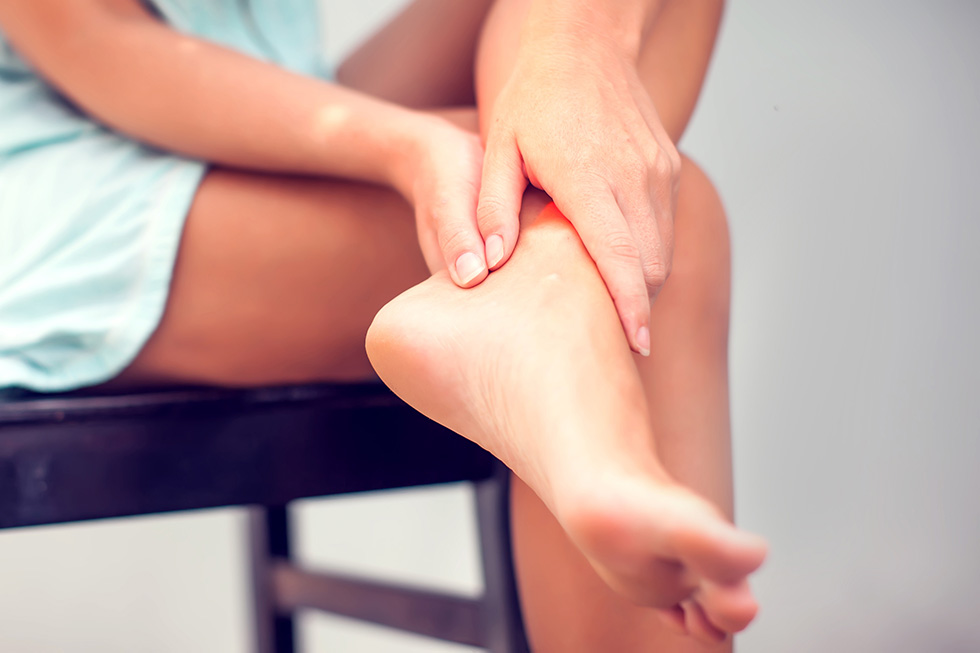 We provide comprehensive, conservative care for a wide variety of foot and ankle conditions.
We provide comprehensive, conservative care for a wide variety of foot and ankle conditions.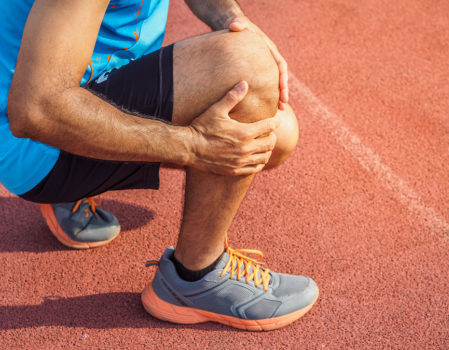 We offer same- and next-day care to patients with acute injuries.
We offer same- and next-day care to patients with acute injuries.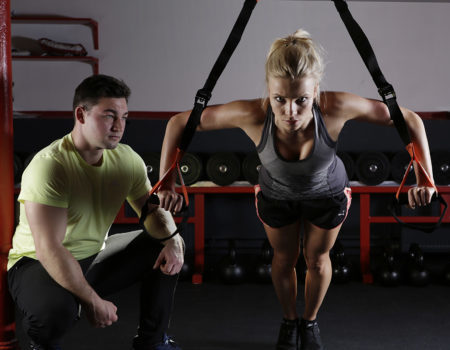 Get back in the game with help from our sports medicine specialists.
Get back in the game with help from our sports medicine specialists. 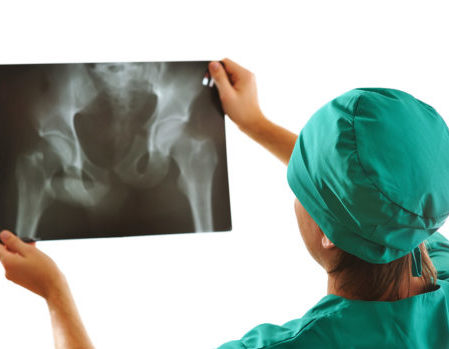 Our centers are equipped with a state-of-the-art digital X-ray machine.
Our centers are equipped with a state-of-the-art digital X-ray machine.